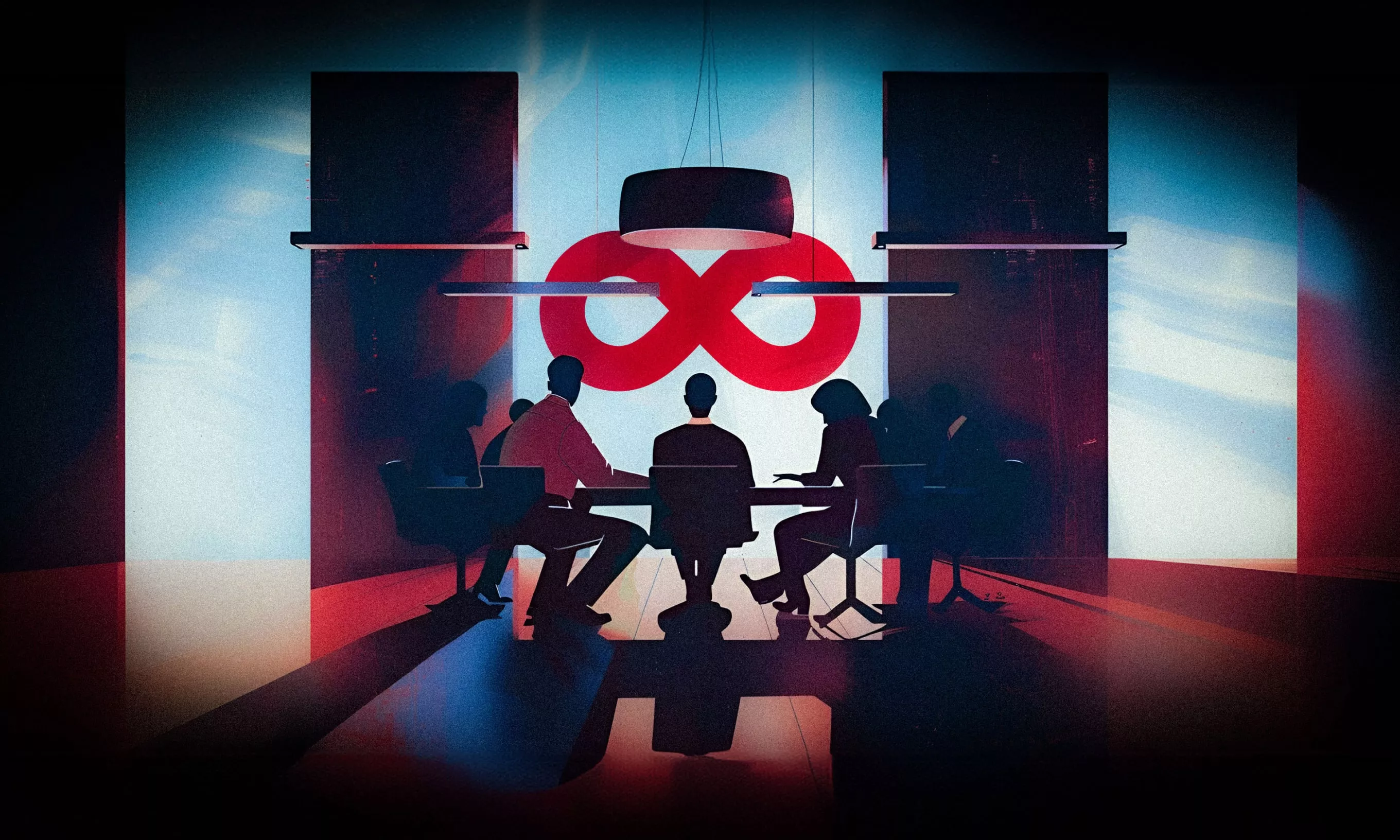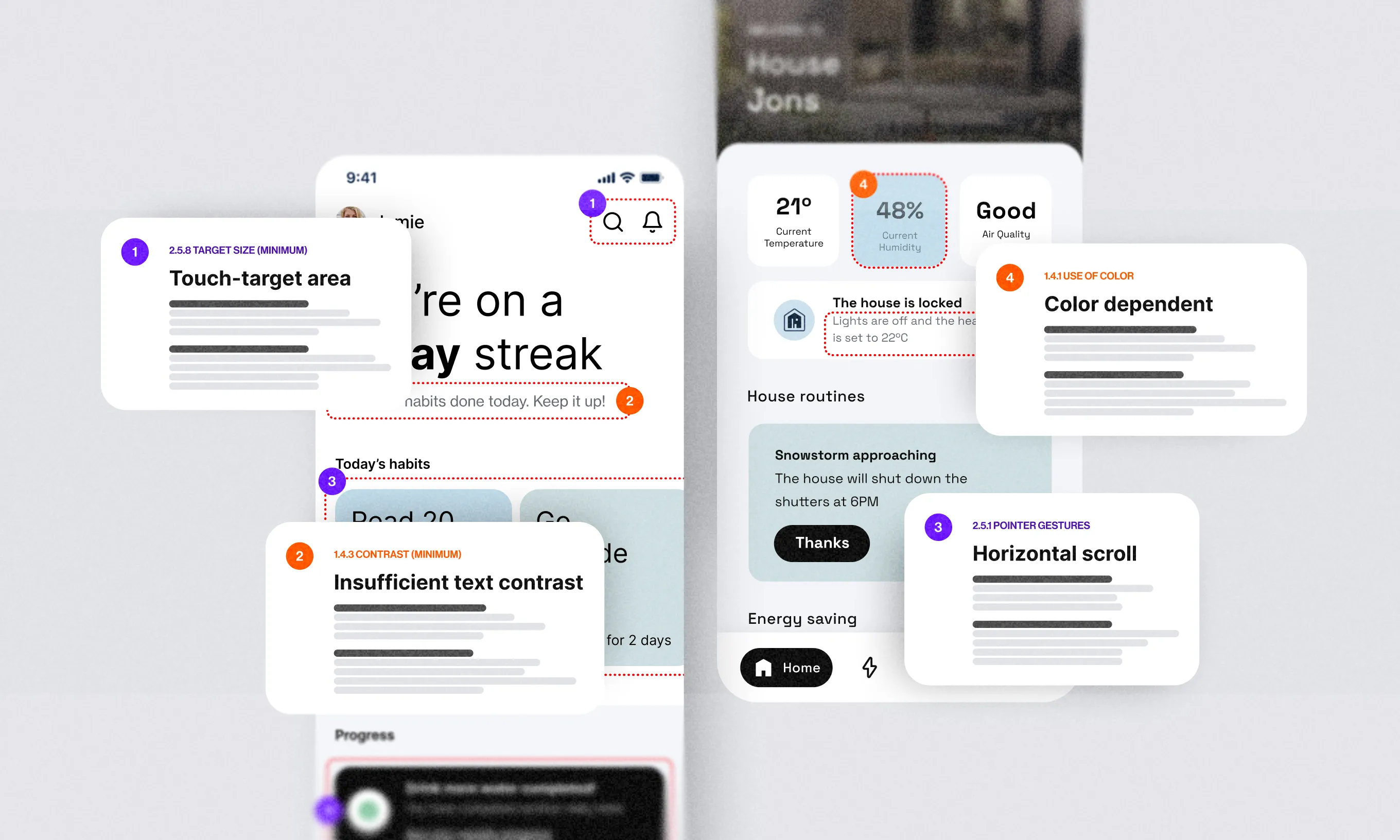Infinum’s global CEO, Nikola Kapraljević, and North America CEO, James Cole, share valuable lessons learned from more than two decades in the agency business and how these help us build better products today.
Late last year, Infinum acquired New York’s ExpandTheRoom (ETR), acting on the notion that the sum of the two agencies would be greater than its parts. The companies combined skill sets, domain knowledge, and market intelligence across two continents. But that wasn’t all.
The teams also learned that some of the challenges they faced over the past two decades profoundly shaped the way they approach their work, often in surprisingly similar ways. This article looks at this hard-earned wisdom and how it’s valuable for the clients we work with and to those who may be considering working with us.
As Thomas Edison is said to have quipped: “I have not failed. I’ve just found 10,000 ways that won’t work.”
Journalist Mark Healy met up with global CEO Nikola Kapraljević and North America CEO James Cole to capture their thoughts.
Manage risks through transparency
As Infinum has grown and its client engagements have gotten larger and more complex, the company has made it a point to get better at managing and embracing risk. Often, this requires candid conversations with the client about what can go wrong on a project. And to talk about it sooner rather than later.
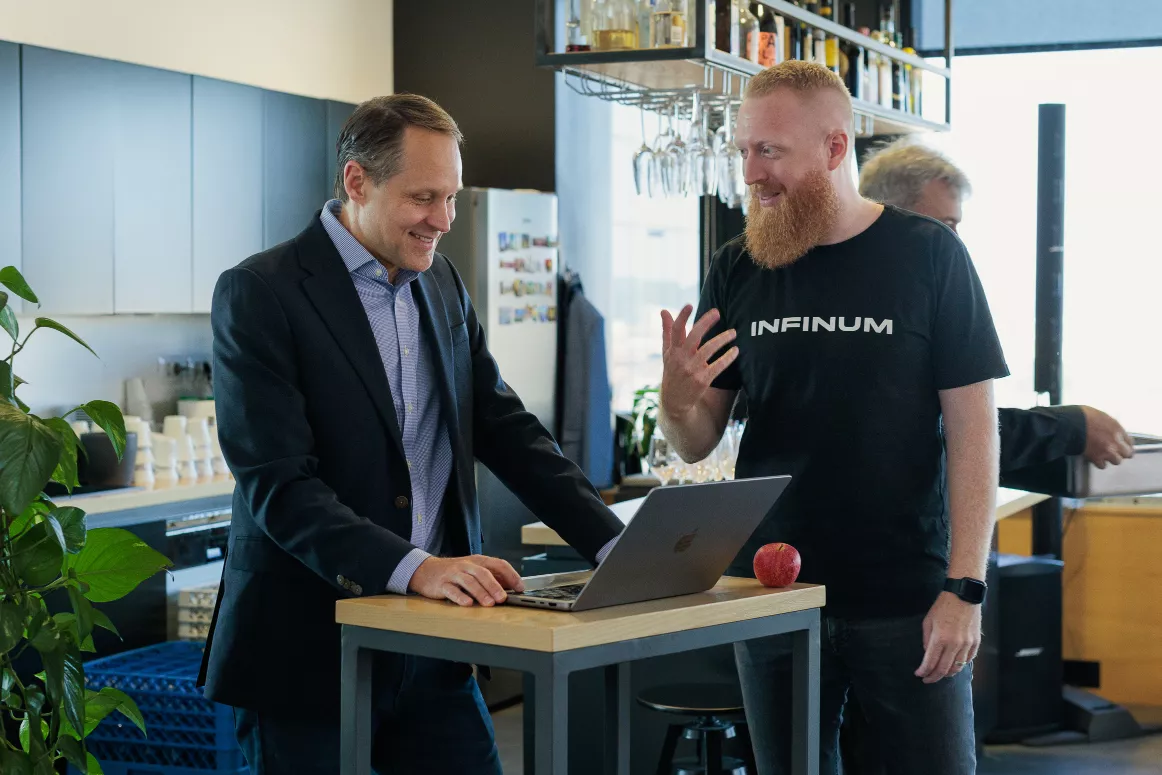
“No one likes leading with ‘bad news,’” says Kapraljević. “But it’s worse to have surprises later in the project. You don’t want to hear about overages or that data issue that should have been brought into the open right away. We’ve gotten much better at these conversations.”
Cole echoes this sentiment. “A lot of agencies will see a problem and kind of sweep it under the rug,” he says. “Like, ‘we’ll solve it later.’ We try to be the exact opposite. We surface risk very early in the project. Every project has sticky bits, and so even at the proposal stage we make it a point to talk about some of the things we’re worried about.”
Infinum uses a formalized risk tracking process that lists a project’s potential challenges and obstacles which are coded in green, yellow, and red according to their likelihood to wreak havoc. Cole says the risk tracker forces both agency and client to talk about the topic in a reasonable way during routine status calls.
“If we have to have a conversation about scope being exceeded, there would have been 16 weeks of warnings. So it makes that conversation easier to have, and there’s a lot less surprise to a client because the last thing clients want are bad surprises downstream.”
Make kickoff meetings matter
Kapraljević says Infinum’s projects kick off with an expansive meeting that includes all stakeholders – and there’s a good reason for that.
“Let’s get whoever is going to have an opinion on this in the first meeting so we can hear everyone’s voices. It’s partly an exercise of ensuring people know that we heard them. Then we converge and create consensus with a smaller working team, which is usually four or five people, and we build on that, Kapraljević explains.”
This approach prevents misalignments months later when the work is nearly completed, the dreaded 11th hour. It’s a sentiment Cole shares based on his experience running the U.S.-based team.
With early meetings we’re building a foundation to avoid the late surprise. It guards against the worst-case scenario: when a stakeholder didn’t have the opportunity to express something useful in the early stages of the project.
JAMES COLE, CEO, INFINUM NORTH AMERICA
“It’s about avoiding missing something that may come to light months down the line. And that will still happen, but we’ve decreased the odds significantly. If you don’t give clients the chance to express those things until the 11th hour, then it’s not their fault; it’s ours,” says Cole.
Everything hinges on trust
Agency-client fit is a critical factor in great work, and the success of that relationship depends on trust more than anything else.
“The most important thing with all of this work, and I would argue probably all work, is trust,” says Kapraljević. “If you’re hiring us and you don’t trust us, the work will get done, but it’s not going to be fun, and it’s not going to be the best work that we can do. The same is true if we don’t trust the client. We have to understand and respect each other and then trust within that. That’s where the really good work gets made.”
Cole adds: “There are a lot of agencies out there and a ton of clients,” he continues, “and not all of them should work together. When you get the fit right, or close to right, then your team’s happier as well, and that leads to better work. It’s a virtuous cycle.”
Never take for granted the power of a happy team
Speaking of a happy team, the agency places a premium on building caring and cohesive relationships. It’s better for the individual, team, company, and, of course, clients. It’s a win-win. Employees with tenure, experience, and a deep understanding of an agency’s standards and values also tend to deliver better work for clients.
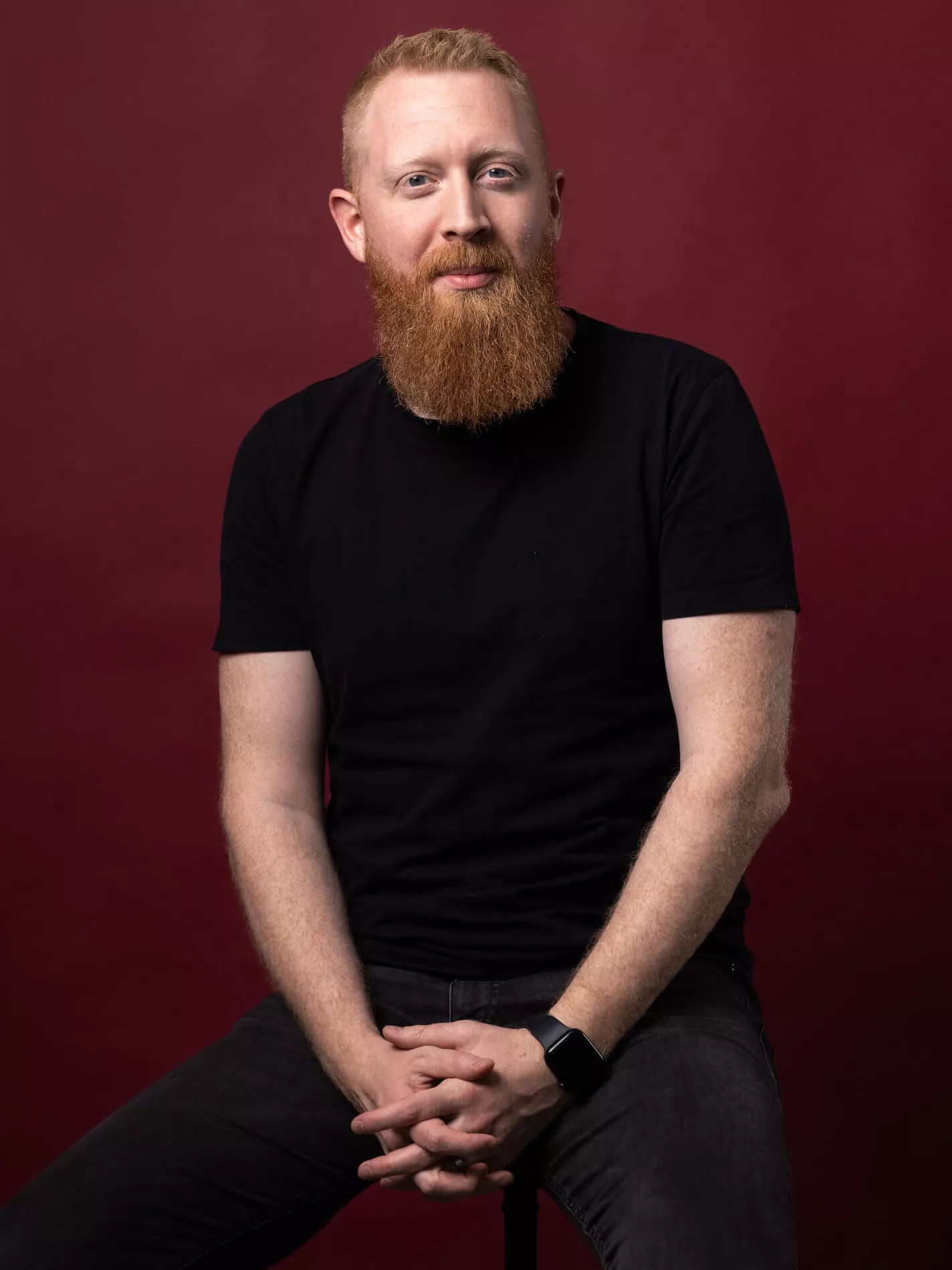
We don’t always get it right, but we know what we lose when we lose a great teammate. We never want to stop striving to keep the bar high. It’s a point of distinction for the agency.
NIKOLA KAPRALJEVIĆ, CEO, INFINUM
“One thing I’m really proud of is that at both companies we have a really high tenure of employees,” says Cole. “That’s not very common in this industry. A lot of the folks on the U.S. team we’ve had on board for ten or fifteen years. And Nikola has a very similar situation in Croatia. But we haven’t always had it right and we’ve had people leave. You can’t prevent this, of course, but it’s a constant reminder that you need to always strive to create the best working environment you can.”
“One of the awards we’ve won is for the best employer in Croatia,” says Kapraljević. “We’ve won it for five years in a row now, six in total, and it’s something we are very proud of. As James said, we don’t always get it right, but we know what we lose when we lose a great teammate. We never want to stop striving to keep the bar high. It’s a point of distinction for the agency.”
Dial in the right balance of specialization
Historically, Infinum had been more focused on engineering, while ETR in the U.S. had been more design and experience-focused. Some shops specialize in only one or the other, but Infinum and ExpandTheRoom found strength in the balance.
“Those are great specializations, but ideally you want to have both operating at full force,” says Cole. “They inform each other, and work together. Leaning too much into one of them at the expense of the other isn’t the best situation for clients, because they may need to look elsewhere for some of their needs, and that’s inefficient.”
Kapraljević adds: “With depth across these capability areas, we are better positioned not just for today, but for the unknown challenges of the future. We have developers who can think like designers, and designers who can think more like developers. The more bridges there are between the disciplines, the better the digital products are.”
If you’re going to work local market, you need a local market presence
Kapraljević learned this lesson firsthand. “Infinum had a good understanding of the U.S., and we had a small team there for years,” he says. “But we’re obviously not native, and there are cultural differences, especially in design and project management.”
The world has gotten infinitely smaller as technology has advanced, but there is a comfort level in working with a local team. There are nuances to ways of working, geography-based regulations, and of course time zones that can come into play.
“Now we can give clients more confidence that they’re going to get the service that they need,” Kapraljević says, “and that someone’s going to be there for them to react in their time zone and be able to show up for a meeting without coming from Europe.
”Cole agrees: “That’s true. Some clients, for regulation reasons or just preference, need to have the work done in the U.S. Bottom line, you need to have a full sales and delivery component in the market. Now Infinum does, and there are now more options for the client who need to be fully situated in the U.S.”
Never underestimate how quickly client expectations increase
Infinum was founded in 2005; Expand the Room was founded in 2003. Those forty-plus combined years of navigating and staying competitive in an emerging industry have given Infinum a unique view of digital transformation.
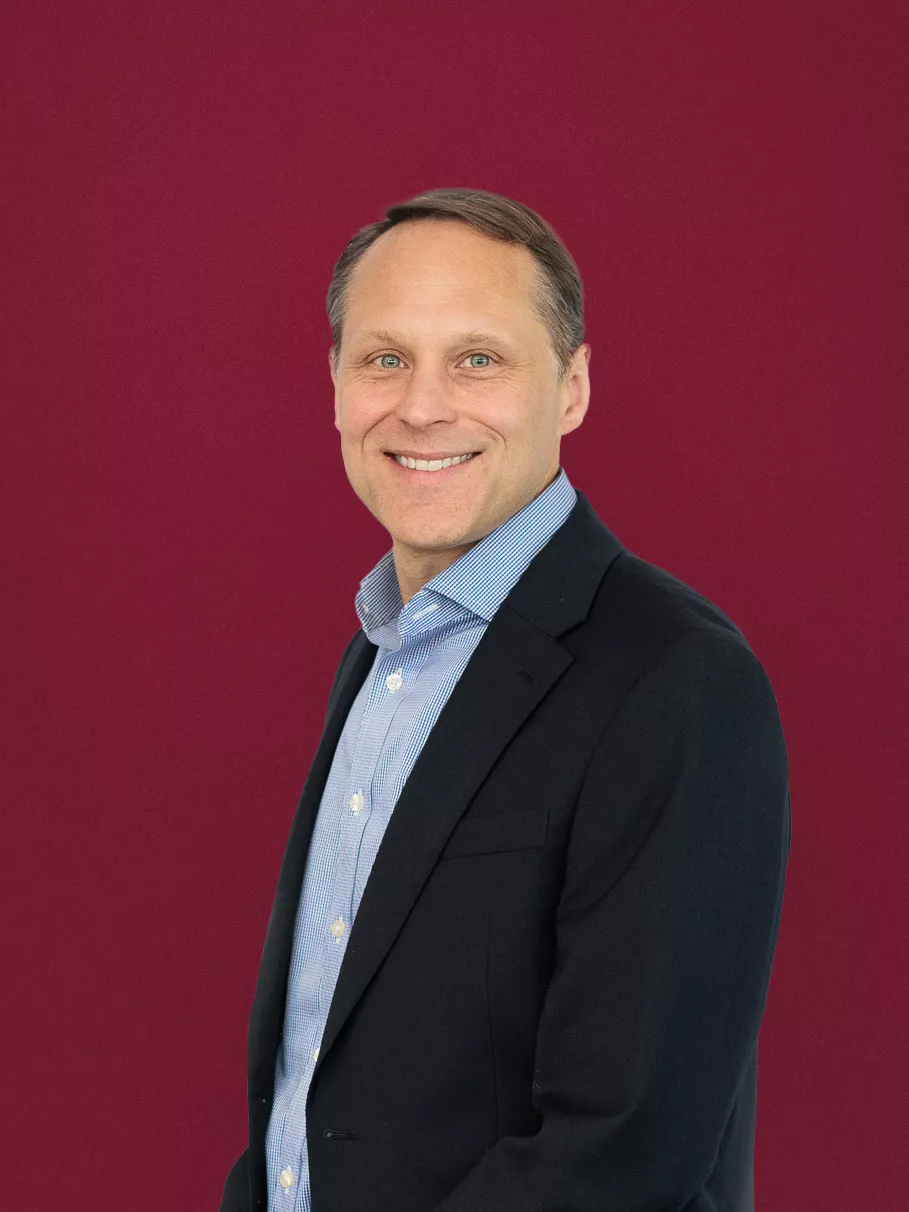
We’re now at a point where we’re doing really complicated, mission-critical software, and we won’t take on projects that we don’t feel we’ll be able to slam dunk and build a great product. We’ve been through the fires and we’re battle tested now.
JAMES COLE, CEO, INFINUM NORTH AMERICA
“Transformation” used to mean having digital products in the marketplace and a good roadmap deck. Everything was happening so fast, it sometimes meant more to show up than it did to have the right products and plans.
“Fifteen years ago, when mobile technology was all just coming to market, individual employees on both the client and agency side were kind of dictating things more than they should have,” says Kapraljević, who founded Infinum with three college friends. “There wasn’t much systematic thinking or vetting of ideas. It’s still a young business, but things are changing. You absolutely need to deliver value.”
With the bar raised for consumers and companies, Infinum built out its product strategy team over the past 10-plus years to be able to meet the need for transformative digital products that solve consumer problems and improve their lives. “With the product strategy teams that we now have in place, we can help [clients] navigate that better and make sure that the products they’re building are successful.”
Cole echoes Kapraljević’s thoughts: “I think when you’re just getting going – and it’s like this in most businesses – you’re improvising a lot. That’s appropriate in some situations, but we’re now at a point with our business that we’re doing really complicated, mission-critical software. We won’t take on projects that we’re not very confident that we’ll be able to slam dunk in the end and build a great product. We’ve been through the fires and we’re battle tested now.”
Insist on talking to the customers
At the end of the day, even for the wisest and most aware management teams, there’s no substitute for the voice of the customer.
You can be the best CEO in the world and have requirements down perfectly — except you have no idea what your blind spots are. Users will tell you something valuable if you know what to ask.
NIKOLA KAPRALJEVIĆ, CEO, INFINUM
“If we had our choice we would never do another project without being able to talk to and hear from the users,” says Kapraljević. “You can be the best CEO in the world and have requirements down perfectly and know everything about your product and business — except you have no idea what your blind spots are. Users will tell you something valuable if you know what to ask. We see it time and time again.”
Cole feels just as strongly: “I will admit sometimes we go through a discovery process where this type of work happens, and you don’t find a silver bullet. But even then you end up validating things, you fine-tune some aspects of the project or you just feel more comfortable with some decisions. It’s just an overall benefit to the product that you’re delivering. I think it’s a real blessing in this type of work that we’re doing to be able to talk to the users, get their feedback often and early in the process. The difference in the end result is profound.”
Mark Healy is a content executive, journalist, and podcast producer. He’s the founder of Flip Turn Creative, a content creation studio based in Brooklyn, and has held senior positions at GQ, Rolling Stone, and Men’s Journal, where he was Editor-in-Chief. He was also the VP of Content at Ceros, a creative software company. Recently, he’s written for The New York Times, WSJ, New York, and Road & Track.







